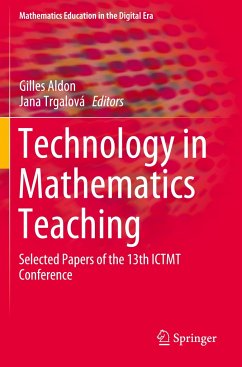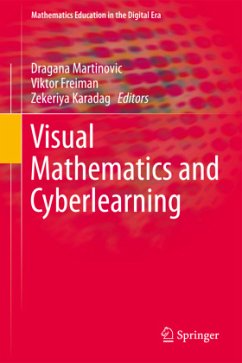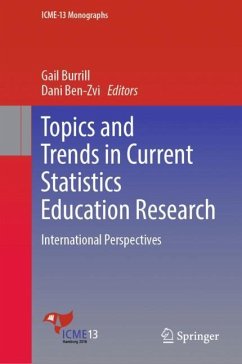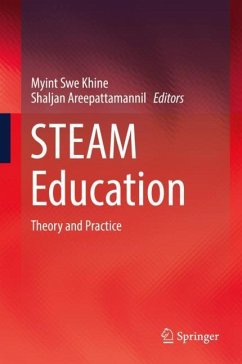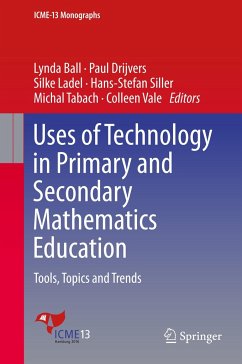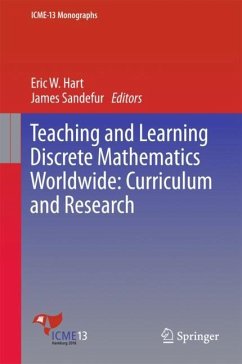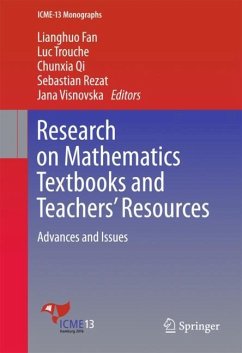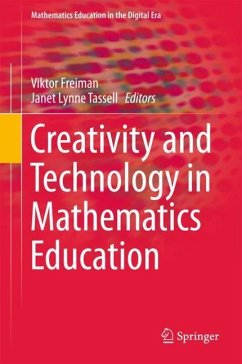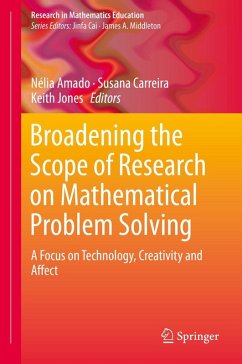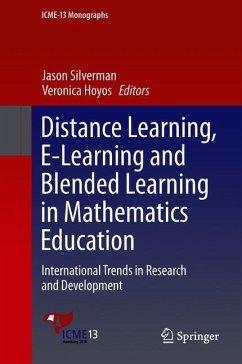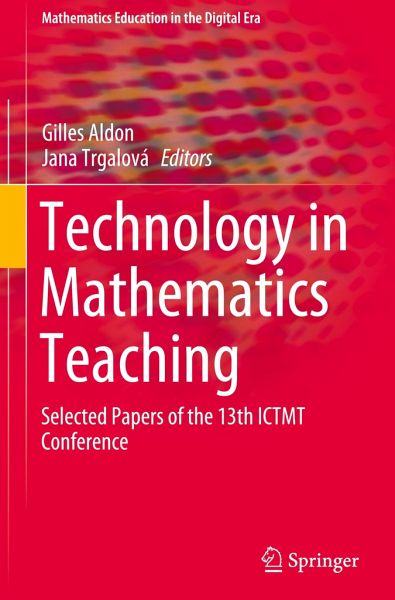
Technology in Mathematics Teaching
Selected Papers of the 13th ICTMT Conference
Herausgegeben: Aldon, Gilles; Trgalová, Jana

PAYBACK Punkte
38 °P sammeln!
This book comprises chapters featuring a state of the art of research on digital technology in mathematics education. The chapters are extended versions of a selection of papers from the Proceedings of the 13th International Conference on Technology in Mathematics Teaching (ICTMT-13), which was held in Lyon, France, from July 3rd to 6th. ICTMT-13 gathered together over one hundred participants from twenty countries sharing research and empirical results on the topical issues of technology and its potential to improve mathematics teaching and learning. The chapters are organised into 4 themed p...
This book comprises chapters featuring a state of the art of research on digital technology in mathematics education. The chapters are extended versions of a selection of papers from the Proceedings of the 13th International Conference on Technology in Mathematics Teaching (ICTMT-13), which was held in Lyon, France, from July 3rd to 6th. ICTMT-13 gathered together over one hundred participants from twenty countries sharing research and empirical results on the topical issues of technology and its potential to improve mathematics teaching and learning. The chapters are organised into 4 themed parts, namely assessment in mathematics education and technology, which was the main focus of the conference, innovative technology and approaches to mathematics education, teacher education and professional development toward the technology use, and mathematics teaching and learning experiences with technology. In 13 chapters contained in the book, prominent mathematics educators from all over the world present the most recent theoretical and practical advances on these themes
This book is of particular interest to researchers, teachers, teacher educators and other actors interested in digital technology in mathematics education.
This book is of particular interest to researchers, teachers, teacher educators and other actors interested in digital technology in mathematics education.



